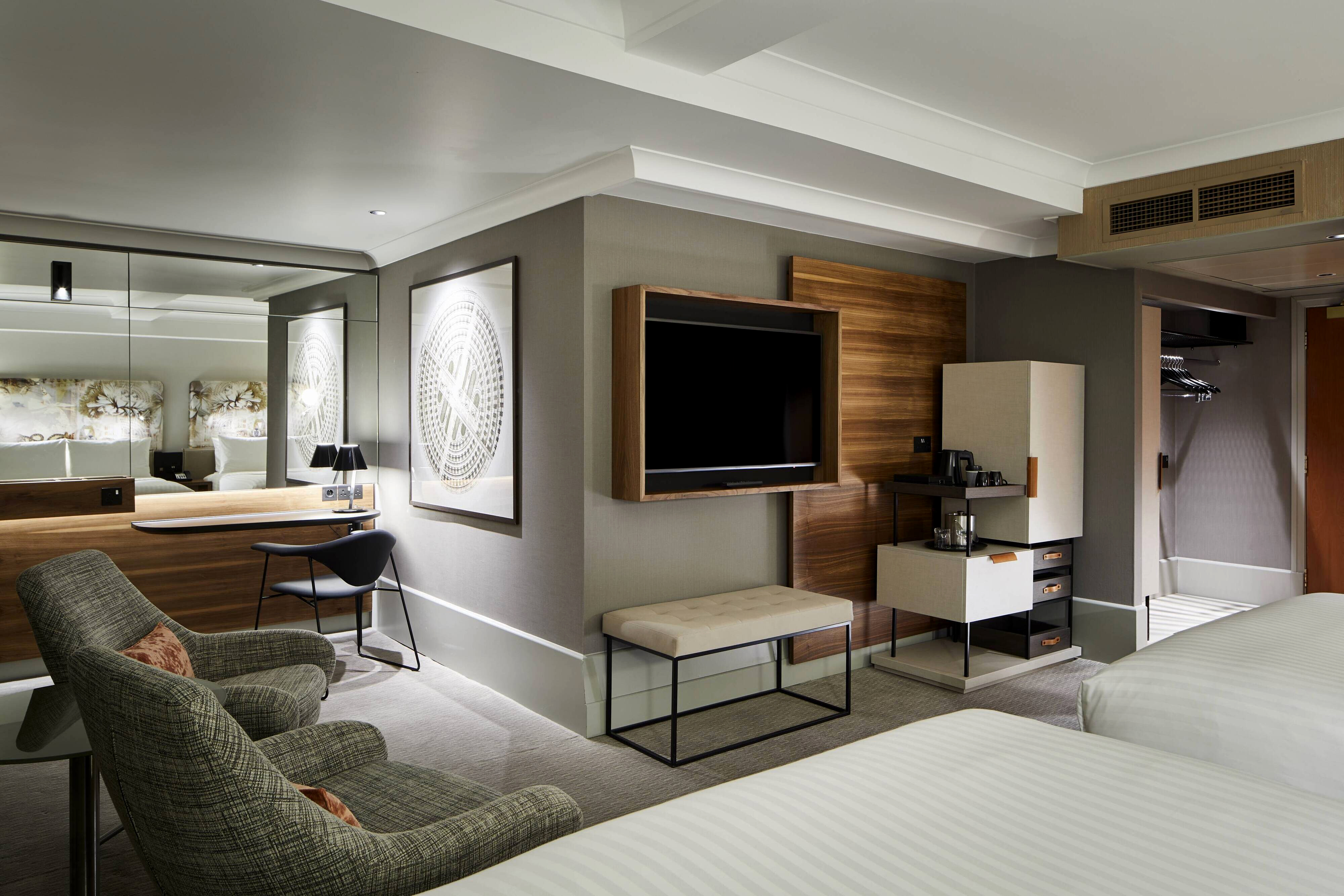Many hotels today are opting for custom-made furniture instead of relying on the traditional model of purchasing ready-made hotel furniture. But what are the advantages of this approach?

Meeting Diverse Individual Needs
In the traditional marketing model, hotel furniture companies often develop and produce hotel furniture based on simple market surveys, following current trends in hotel furniture design. However, the furniture produced through this model often doesn’t meet size requirements or fails to align with personal preferences.

Custom marketing, on the other hand, segments the market down to the individual level, allowing for the design of hotel furniture based on personal requirements. Consumers can act as one of the designers, suggesting specific requests such as color combinations and personalized specifications.

Reducing Inventory Backlog
In the traditional marketing model, hotel furniture companies pursue maximized profits through large-scale production to lower product costs. However, if the market experiences any slight downturn, this mass-produced hotel furniture—due to its similarity—inevitably leads to unsold or backlogged stock, causing a waste of resources. In contrast, custom marketing produces based on consumer orders, resulting in minimal inventory and faster capital turnover.

Lowering Marketing Costs
In the traditional marketing model, hotel furniture companies often spend heavily on advertising, establishing exclusive stores, and promotional activities to drive sales, leading to higher costs.

With custom hotel furniture, as long as the quality is reliable and the price reasonable, the furniture can be sold successfully. In this custom marketing approach, manufacturers deal directly with consumers, reducing sales channels and various expenses. Thus, it is clear that customizing hotel furniture brings numerous benefits to hotels.
